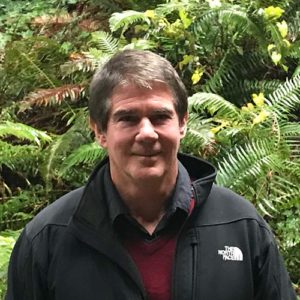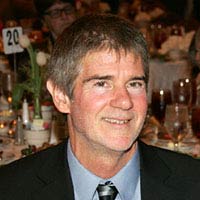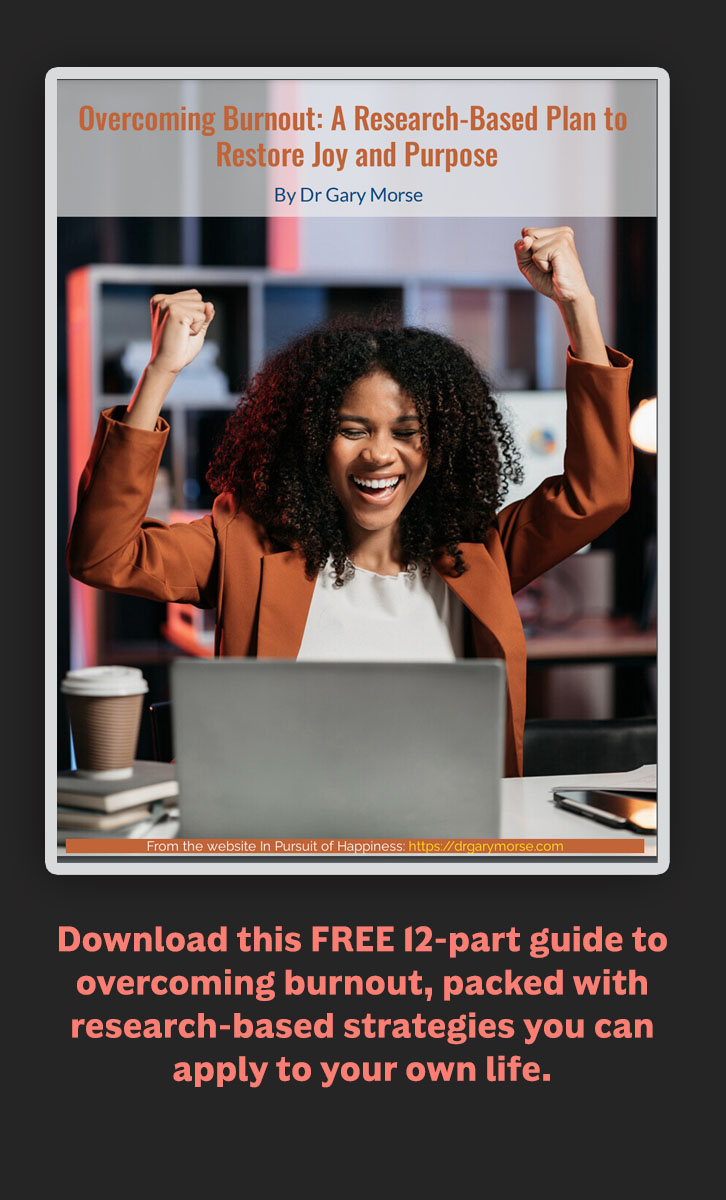A personal note
Working as a psychologist for more than 35 years has been a blessing for me.
Psychology has offered me opportunities for a diverse yet interrelated set of meaningful work experiences.
One aspect of this work has been conducting mental health research. This began early in my career with identifying the service needs of homeless people—people living on the margins of our society without adequate resources. A gift of research is that it allowed my colleagues and I to develop, test, and then disseminate effective ways to assist vulnerable individuals to live healthier, more satisfying lives.
But research designs and statistics often miss the core aspects of being human. I have met among those living homeless and with serious mental illness some of the best people on earth: individuals with strengths as well as suffering, with resilience as well as trauma, and with kind hearts as well as unhealthy habits. Many often surprised me with their wisdom.
At first glance, these individuals, given abject poverty and unusual mental health symptoms, seem so different than the rest of society. And clearly, people who are homeless and with serious mental illness have some special needs.
But in other ways, they are more similar than different than everyone else. From providing therapy to many “normal” people, from working closely with other mental health providers, from knowing friends and family, from my own experience, I realize there is much we share as humans. Despite our knowledge and strengths, we all sometimes get lost along the way in life. We all know stress, pain, loss. We all long for connection, for happiness, for love.
It is not us and them. It is all of us. We are interconnected. We share a basic humanity.
And just as mental health research only tells part of the human story, so too are science-based mental health interventions helpful but only part of what is necessary to respond to human suffering and to facilitate happiness.
What is often missing from much of science is an emphasis on the human element: the compassion, the caring, the understanding of individuality and of our commonalities.
Further, many science-based interventions ignore other realms of knowledge, especially the wisdom that can be gleaned from existential psychology, from world religions, from humanistic values, from spiritual perspectives.
These are missing, critical elements. When integrated with research-based practices, they can illuminate a new vision and approach for living well amid modern life—modern life that is often a confusing mélange of chaos and goodness, problems and beauty, trouble and love.
In this new (and probably last) chapter of my professional work, I hope to draw upon both my training as a psychologist and as a writer to integrate these diverse elements of research-based mental health practices, world religions, cultural analysis, along with an appreciation of unique and shared human experiences.
In the process, I hope to offer portraits that celebrate the goodness and resilience of people and of life.
And to point to ways we can reduce suffering in the world and foster healing and well-being.
Personal Mission
To reduce human suffering and improve individual and collective well-being.
Seven Key Beliefs
1. Life is a gift with an unmarked expiration date. We have the opportunity to enjoy this gift, celebrating life. We can live big lives, rich with love, happiness, connection, learning, meaning, and fulfillment.
2. We are called to live well but life is a journey, and often a difficult one. Despite positive experiences, life inevitably holds losses. For many, it also includes traumas, health problems, and social hardships like racism and poverty. Further, our culture and social institutions often mislead us. Many of us become lost on the journey.
3. Despite pain and problems, each of us has great potential. We possess strengths, goodness, resilience, and something ineffable—perhaps best termed the lineaments of the divine, as others have said. Each person has inherent worth. You deserve to be happy.
4. And so does everyone else. Each life is sacred.
5. To live fully and well requires that we care about both our own well-being and that of others—indeed of the whole planet. We share a basic humanity, and we are interconnected. Collectively, we co-create the world.
6. One way forward is through increasing our awareness, especially of ideas, actions, tools that can improve our happiness and the well-being of others. Our awareness will be greatest if it is holistic, integrating scientific knowledge with traditional sources of wisdom, including philosophy and ethics, world religions, mythology, depth psychology, and literature.
7. We can live lives that are happier, and we can contribute to a world that is kinder, saner, healthier. Individually and collectively, we can do this.
 Biographical Summary
Biographical Summary
Gary’s professional work has been focused on reducing human suffering and improving well-being. Most of his activities in support of this purpose can be summarized into seven main areas:
- Creating compassionate, innovative, and effective mental health services for those in greatest need:
- Designed a model of assertive community treatment for the special needs of homeless people. This approach is effective, cost-effective, widely replicated, and recognized by the federal government as an effective practice.
- Developed a model of homeless outreach and engagement that has also been recognized by the federal government as a best practice and used widely across the United States
- Designed innovative behavioral health services for other special need groups (including people living with HIV/AIDS, homeless families, and people with serious alcohol disorders).
- Developing innovative practices to reduce burnout and improve happiness and well-being:
- Designed a program to reduce burnout among mental health professionals and homeless service providers
- This model has also been used with additional groups of workers: white collar corporate workers, criminal justice workers, social service providers, physicians and nurses, teachers
- Developed programs to improve happiness and well-being among both health professionals and the general public
- Conducting research studies to increase science-based knowledge about mental health:
- Earliest research was part of the first wave of studies in the 1980s to document the then emerging national health and social problem of homelessness and to pinpoint the multiple needs of homeless people.
- Subsequently, conducted studies to assess the effectiveness of services to help homeless people with mental illness, as well as other high-risk groups.
- Most recently, studied ways to reduce professional burnout and improve happiness and well-being.
- His research has been supported by more than $41 million in government and foundation grants.
- Communicating about mental health needs and helpful practices:
- Published research findings and professional articles in more than 75 journals and edited books.
- Spoken at a number of scientific and professional meetings
- Conducted training workshops and consultations internationally as well as within the United States.
- Spoken on radio and TV and to community groups
- Leading community mental health organizations:
- Founded organizations to better meet the mental health needs of the public
- Served in executive leadership positions in nonprofit and public mental health organizations.
- Helped secure tens of millions of dollars in funding for services
- Providing mental health services as a practicing clinical psychologist:
- Has worked with people from diverse backgrounds, ranging from homeless adults with schizophrenia to mothers grieving the death of a child to corporate executives searching for greater meaning in life.
- Writing about ways that individuals can build happier, more meaningful lives while helping others:
- Online and book-length pieces discuss psychological practices and the wisdom from other traditions—spirituality, world religions, philosophy—to help readers be happier and contribute to a healthier, kinder world.
In addition to his work as a psychologist, Gary was initially trained as a journalist and writer. He has published feature stories, essays, and opinion pieces in magazines and newspapers, as well as short stories in literary magazines. He has also recently finished a literary fiction novel, Source of a River.

